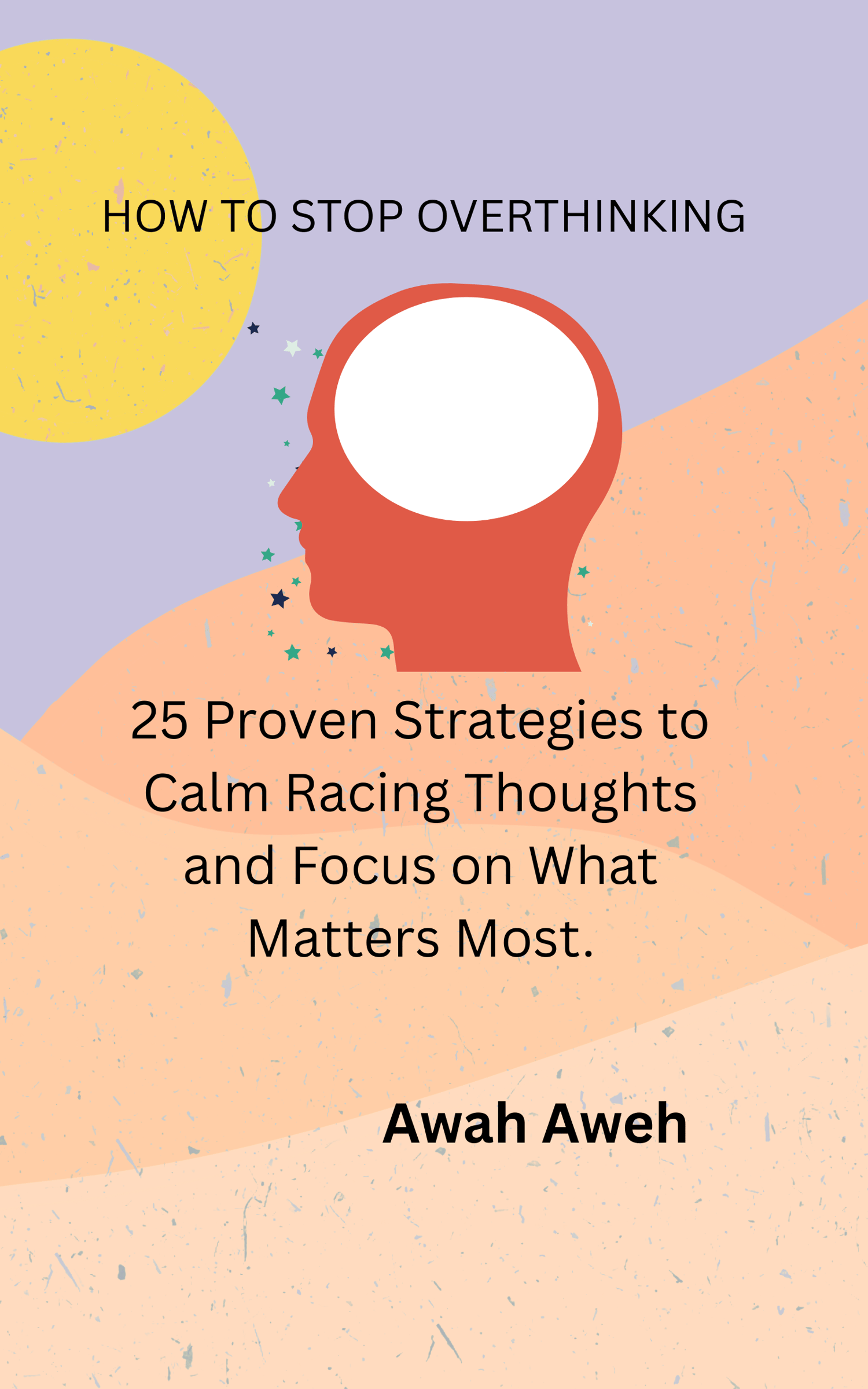Have you ever felt stuck in life—unsure of what you want, where you’re going, or why you feel the way you do? You’re not alone. Many of us walk through life on “autopilot,” busy but not deeply connected with ourselves. The good news? There’s a simple tool that can change that: journaling.
Journaling isn’t just about writing down what happened in your day. It’s a way to connect with yourself, process emotions, set goals, and grow as a person. Done with intention, it becomes more than writing—it becomes a tool for transformation.
In this article, you’ll learn how to use journaling step by step: what to do, when to do it, and how to make it a habit that reshapes your life.
Why Journaling Can Change You.
Writing slows you down. It helps you notice what’s happening inside you. When you put your thoughts on paper, you see them more clearly. This clarity is powerful—it shows you patterns, hidden fears, and even opportunities you didn’t see before.
Journaling is also private. No one has to read it but you. That freedom allows you to be real, honest, and vulnerable. And when you’re honest with yourself, growth begins.
Below are the steps you need:
Step 1: Start Your Morning with Intention.
When to do it: As soon as you wake up, before the noise of the day.
What to do: Open your notebook and write down three things:
- How you feel right now.
- What you’re grateful for.
- One intention for the day.
How to do it: Keep it short. Just a few sentences are enough. For example: “I feel nervous about my meeting today. I’m grateful for my supportive friend. My intention is to stay calm and confident.”
This sets the tone for your day. It shifts your focus from chaos to clarity.
Step 2: Use Journaling to Process Emotions.
When to do it: Whenever you feel stressed, angry, or overwhelmed.
What to do: Instead of bottling up your feelings, write them out.
How to do it: Open a blank page and write without editing. Say everything you want to say. Don’t worry about spelling or grammar. Just pour it out.
This clears mental clutter. Once it’s on paper, your brain feels lighter. You’ll often find solutions hidden in your own words.
Step 3: Reflect on Your Day at Night.
When to do it: Before bed.
What to do: Write about the highlights of your day and the lessons learned.
How to do it: Ask yourself:
- What went well today?
- What could I improve?
- What did I learn about myself?
Over time, this builds a record of your growth. You’ll see how far you’ve come, even on tough days.
Step 4: Use Prompts for Deeper Transformation.
Sometimes it’s hard to know what to write. Prompts make it easier.
When to do it: Once or twice a week.
What to do: Choose one journaling prompt and reflect deeply.
How to do it: Spend at least 10 minutes on it. Example prompts:
- “What fears are holding me back right now?”
- “What would my ideal life look like in 5 years?”
- “What do I need to let go of to move forward?”
Prompts guide your mind to the deeper questions that lead to personal transformation.
Step 5: Turn Journaling into a Habit.
Consistency is key. Journaling works best when it’s part of your daily life.
When to do it: Pick a fixed time—morning, night, or lunch break.
What to do: Set a timer for 10 minutes. Commit to writing until it rings.
How to do it: Keep your journal and pen in a visible place—by your bed, on your desk, or in your bag. Pair journaling with another habit, like drinking coffee or brushing your teeth.
The more consistent you are, the more powerful the transformation.
Opportunities That Come with Journaling.
- Self-awareness: You’ll understand your thoughts and feelings better.
- Emotional healing: Writing can release pain and reduce stress.
- Clarity on goals: Journaling helps you see what truly matters to you.
- Personal growth: Over time, you’ll see how your mindset, habits, and even your confidence evolve.
Journaling isn’t about writing perfectly. It’s about showing up for yourself. It’s about giving your inner voice a space to speak. Whether you write for five minutes a day or dive deep with prompts, journaling can transform the way you live, think, and feel.
So grab a notebook. Start small. Be honest. Keep going. You’ll be amazed at the person you become through the simple act of writing.
If you enjoyed this article and want more of such practical, uplifting content, you can support me here: https://www.paypal.com/donate/?hosted_button_id=3TWNP87636FGU
📚 Check out my ebooks that will help you stay happy and inspired:
https://payhip.com/lifechangingreads
https://www.awahawehwrites.com/selfgrowth-ebooks
📝 Read more articles on: https://awahconnections.blogspot.com
















No comments:
Post a Comment